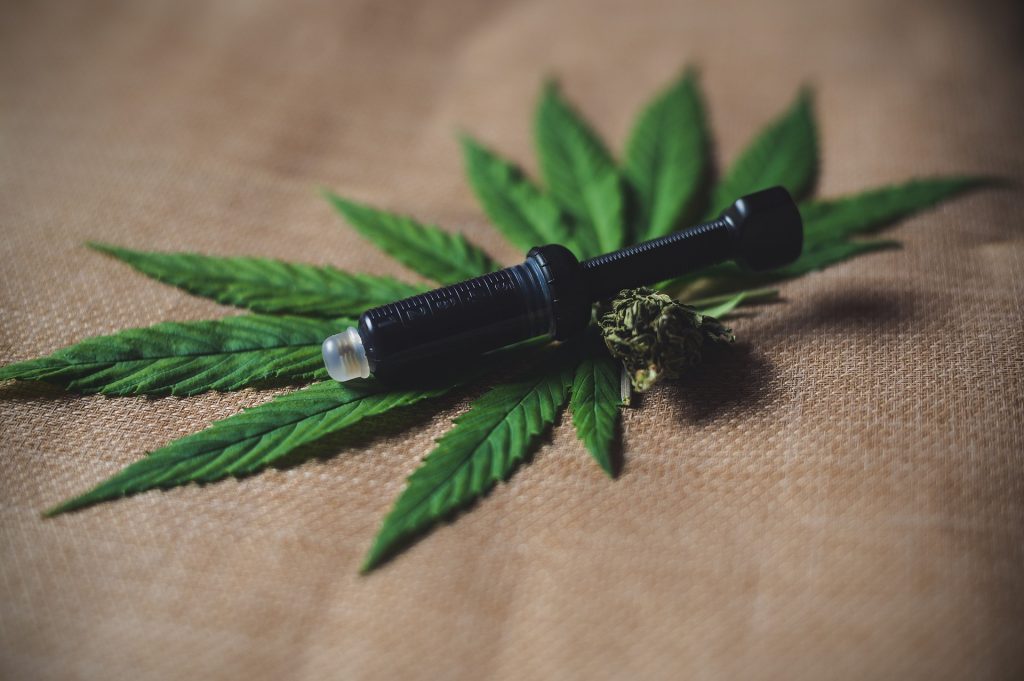CBD could prove to be a key weapon in the fight against cannabis addiction.
A study by researchers at University College London (UCL) found cannabidiol can help users cut their consumption of the drug by alleviating withdrawal symptoms, such as anxiety.
UCL’s Val Curran said a dose of CBD halved the amount of cannabis that users smoked after six months compared with a placebo.
She told New Scientist: “CBD gets rid of the toxic effects of THC.”
The UCL website states that in Europe, 1% of all adults and nearly 2% of 14-17 year olds are addicted to cannabis.
It adds: “At present, clinicians rely on psychological treatments which have very limited effectiveness. There is no pharmacological treatment for cannabis addiction.
“Converging preclinical and human research suggests cannabidiol to be a highly promising treatment, with excellent tolerability and safety.
“One of the key withdrawal effects of cannabis is anxiety and CBD reduces anxiety.
“CBD has shown promising pro-cognitive and neuroprotective effects which may reverse some of the cognitive deficits associated with cannabis dependence that are a barrier to the effectiveness of psychotherapies.”

The statement adds: “Overall, evidence now suggests that CBD is a logical treatment for cannabis dependence, by targeting key mechanisms both in dependence and equally importantly, cannabis withdrawal symptoms.”
The project’s objectives are first to determine the optimal dose of CBD and then evaluate its efficacy in treating cannabis dependence. The research has yet to be published or reviewed.
Earlier this month it was revealed that researchers at Western University in Ontario, Canada, have unveiled the molecular mechanisms at work that cause CBD to block the psychiatric side-effects caused by THC.
It has been previously shown that strains of cannabis with high levels of THC and low levels of CBD can cause increased psychiatric effects including paranoia, anxiety, and addictive behaviours, but why that was happening was not fully understood.
The research team investigated the role of a molecule in the brain’s hippocampus called extracellular-signal regulated kinase (ERK), which triggers the neuropsychiatric effects of THC.


